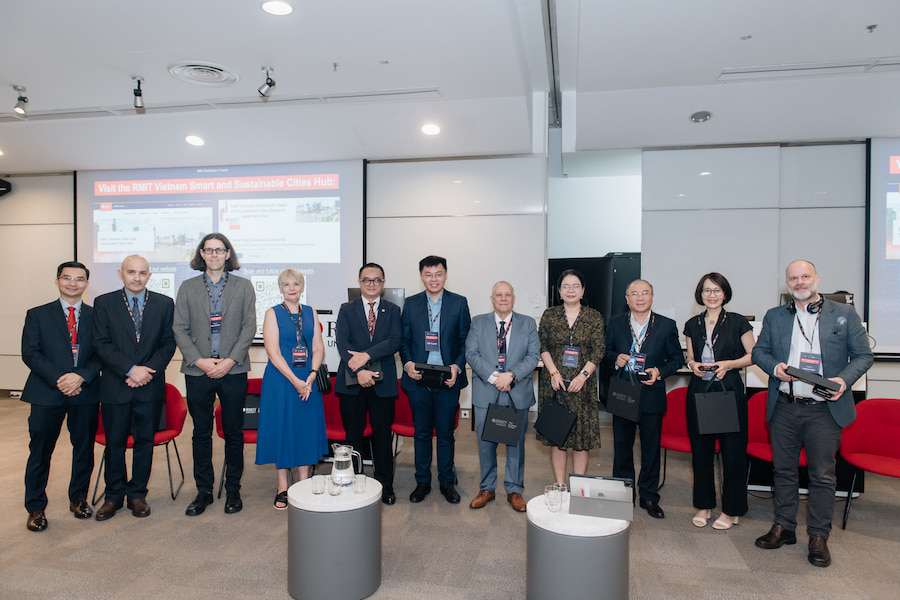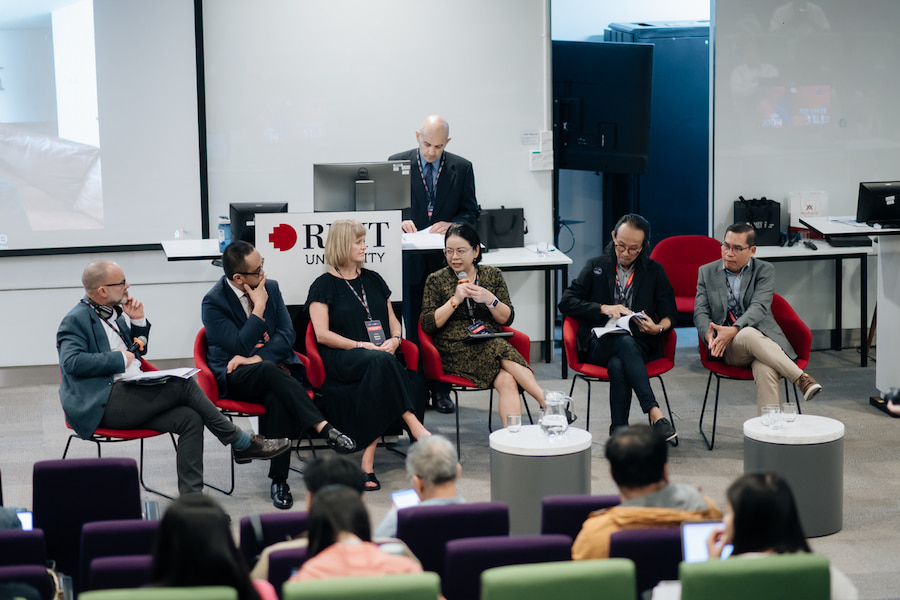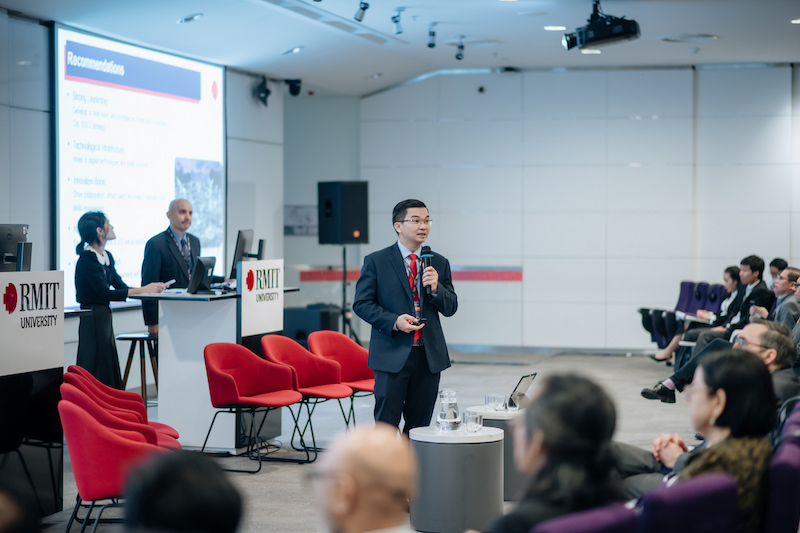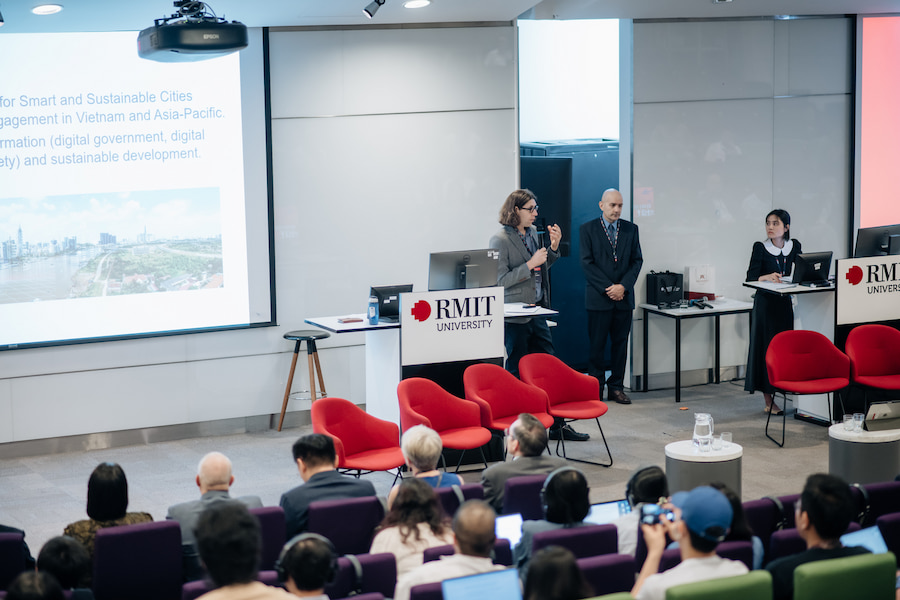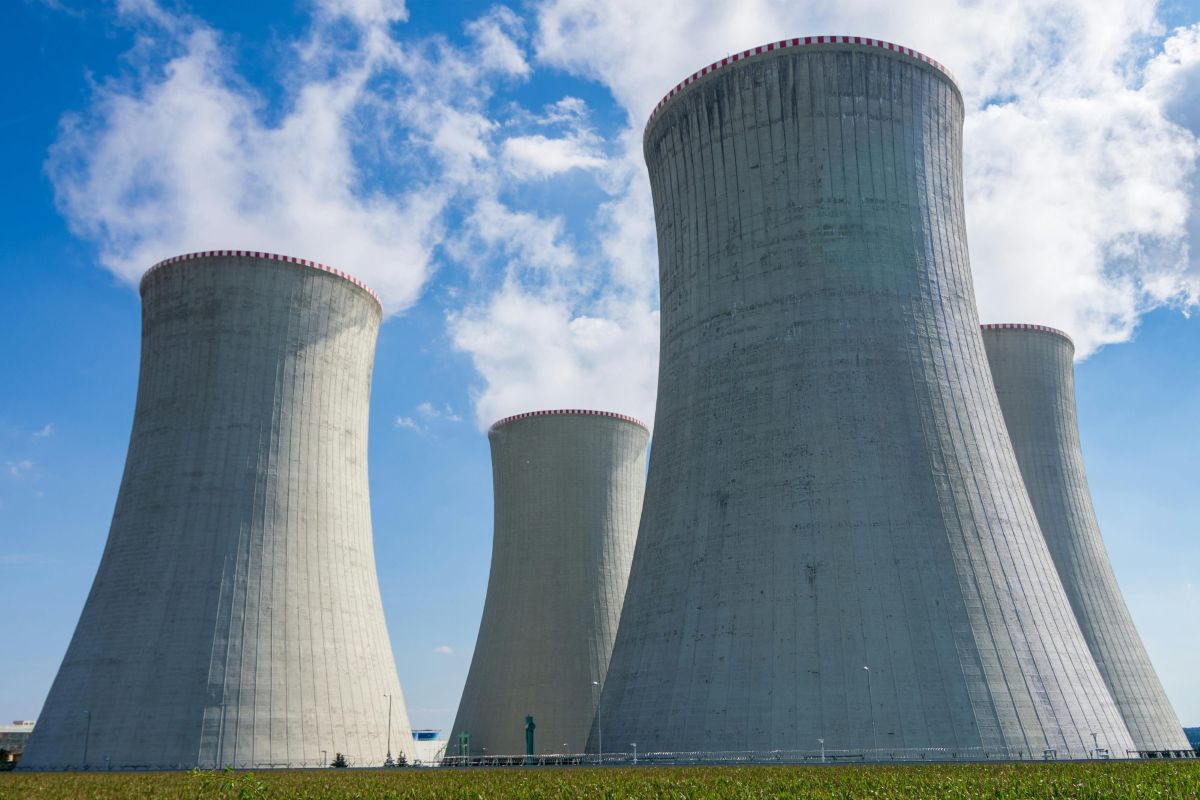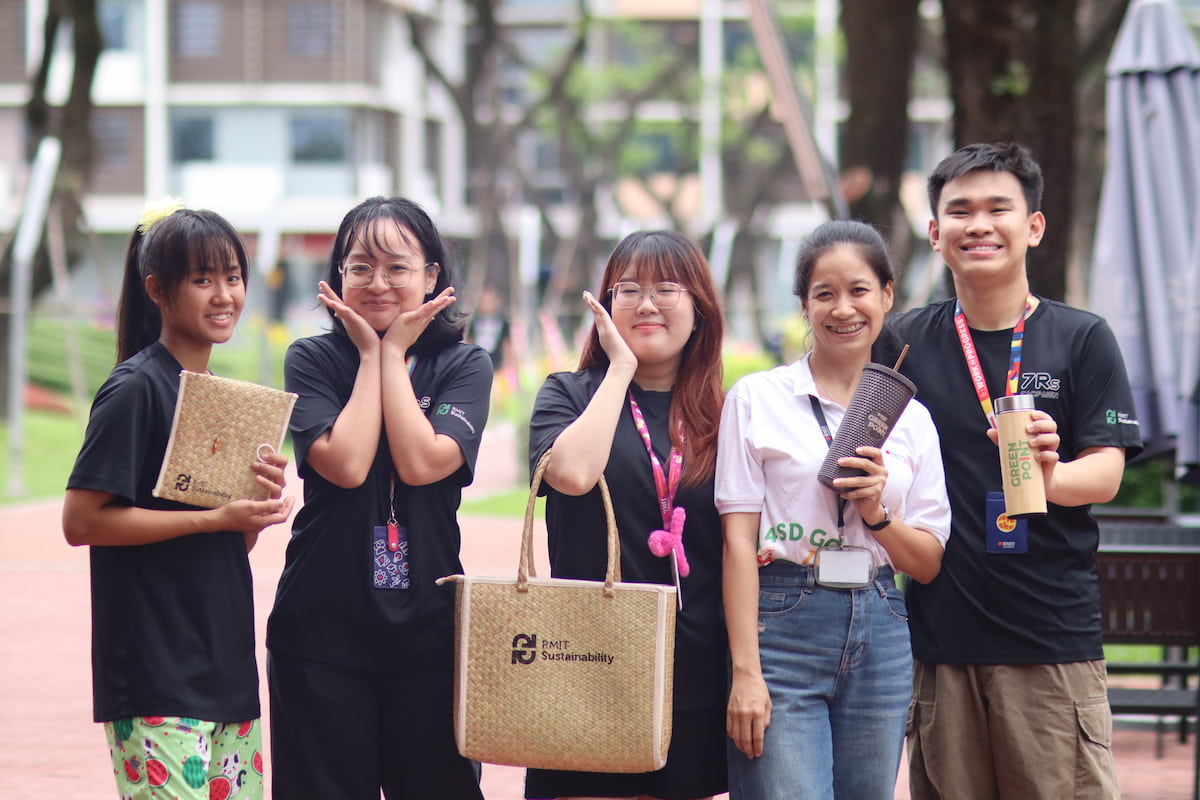High-emission sectors face reckoning as EU carbon tax takes effect
Hidden costs in the supply chain could price some Vietnamese exporters out of Europe.
Plugging nuclear energy safely into Vietnam’s grid
Vietnam’s new Atomic Energy Law opens the door to advanced nuclear technologies, but success will hinge on grid readiness, safety culture, and skilled people, say RMIT University Vietnam academics.
Vietnam’s Atomic Energy Law: A new era for clean power?
As Vietnam’s Law on Atomic Energy takes effect on 1 January 2026, nuclear power is back in the spotlight as a strategic pillar for energy security and carbon neutrality.
RMIT Vietnam drives everyday sustainability through action and innovation
RMIT Vietnam continues to drive meaningful sustainability outcomes through various programs that integrate responsible practices into daily campus life, teaching and learning, event management, and cross-sector collaboration.

